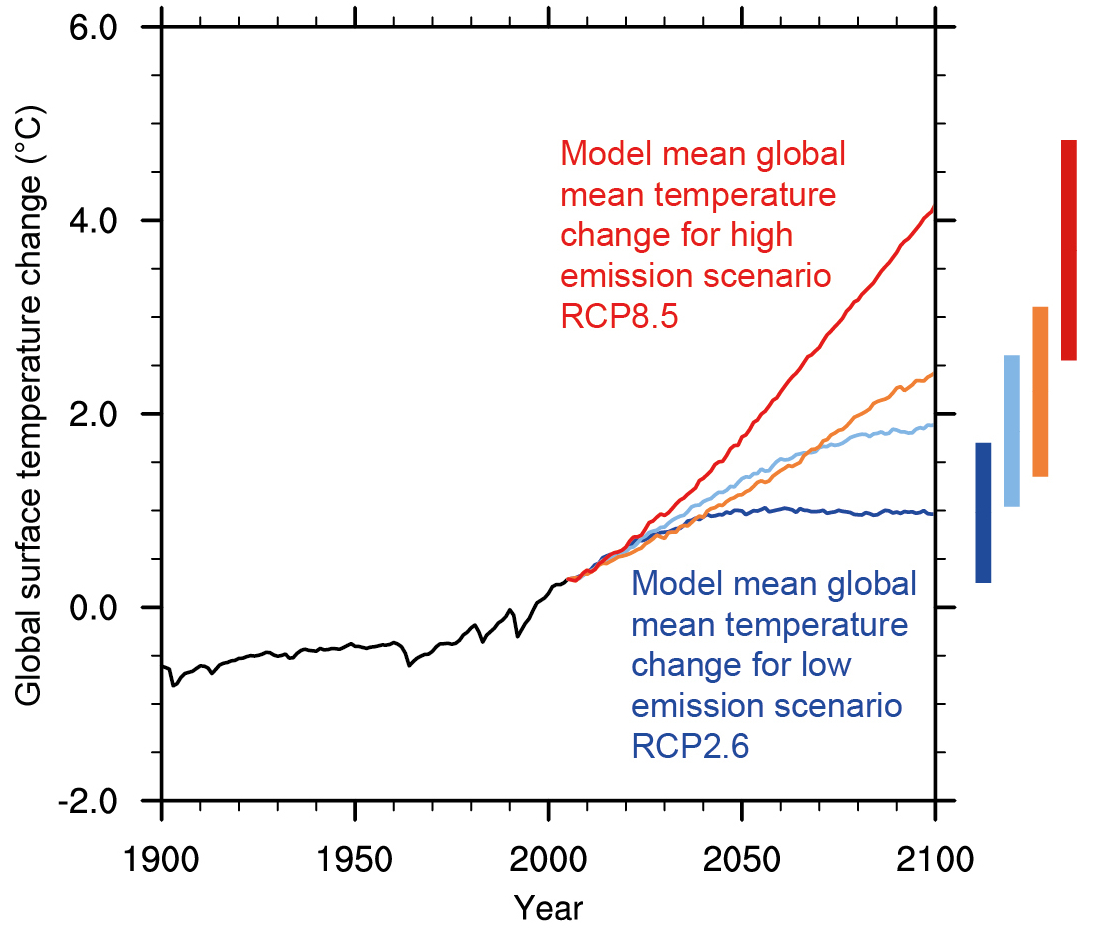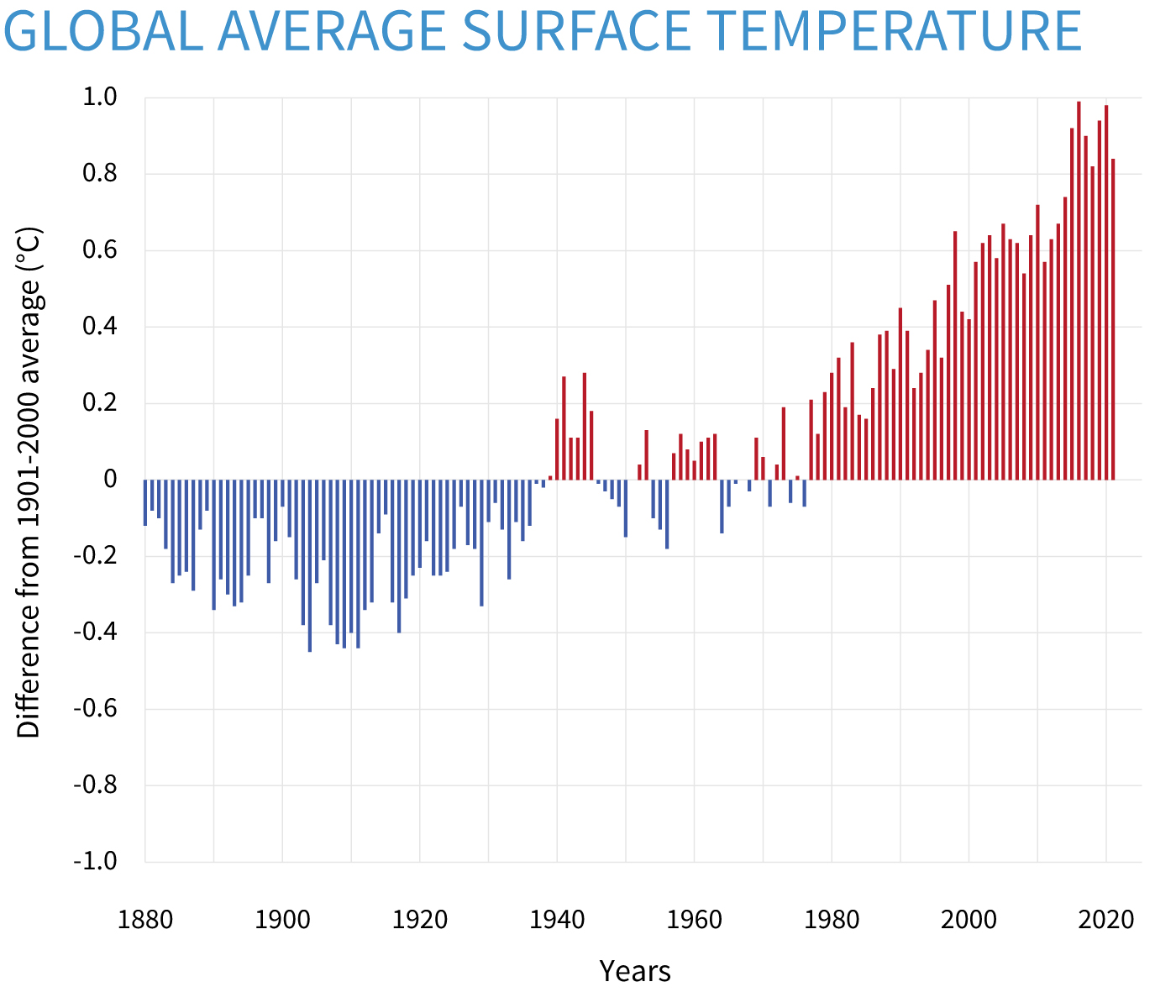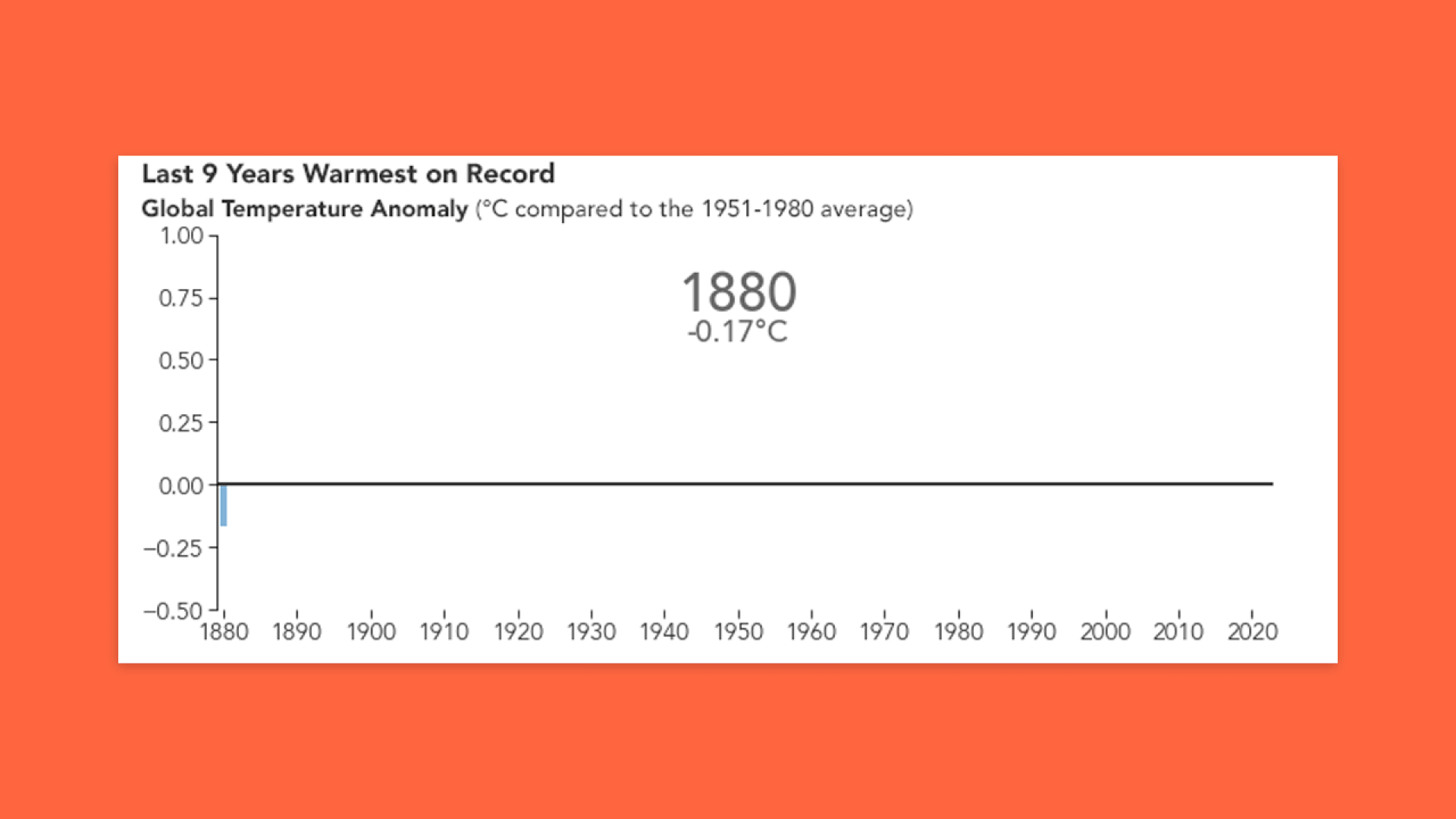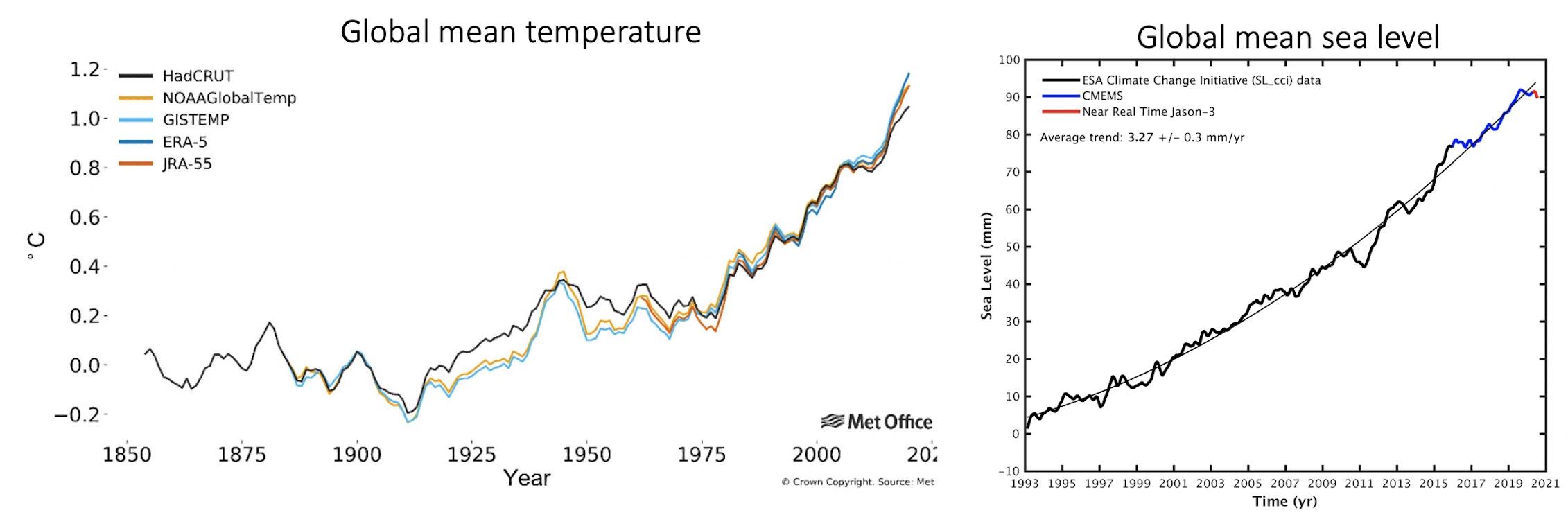Global Temperatures 2024
Global Temperatures 2024. Global average temperatures may pass a threshold in 2024. There is a reasonable chance 2024 will be the first year in which the average global surface.
According to copernicus, the average global surface air temperature in february was 13.54 degrees celsius (roughly 56.4 degrees fahrenheit). Now, some scientists are already.
January 2024 Was The Warmest January Ever Measured, And February Is Likely To Follow.
2023 was the warmest year on record.
But These Factors Alone Cannot Explain What’s Happening,.
Record temperatures in 2024 on land and at sea have prompted scientists to question whether these anomalies are in line with predicted global heating patterns or.
World Heading For Hot 2024 After Records ‘Shattered’ In 2023, Says Wmo.
Images References :
 Source: www.weforum.org
Source: www.weforum.org
Here's how global temperatures have fluctuated since 1880 World, According to an ongoing temperature analysis led by scientists at nasa’s goddard institute for space studies (giss), the average global temperature on earth has increased by at least 1.1° celsius (1.9°. But these factors alone cannot explain what’s happening,.
 Source: content-drupal.climate.gov
Source: content-drupal.climate.gov
Climate Change Global Temperature NOAA Climate.gov, Global temperatures have fallen back below record levels in recent days, but february. There is a reasonable chance 2024 will be the first year in which the average global surface.
 Source: climatechange.chicago.gov
Source: climatechange.chicago.gov
Future of Climate Change Climate Change Science US EPA, Last year, average global air temperatures rose higher than humans have ever known, perhaps bringing the planet to its hottest in more than 100,000 years. According to an ongoing temperature analysis led by scientists at nasa’s goddard institute for space studies (giss), the average global temperature on earth has increased by at least 1.1° celsius (1.9°.
 Source: www.climate.gov
Source: www.climate.gov
ClimateDashboardglobalsurfacetemperaturegraph202206241400px.jpg, Record temperatures in 2024 on land and at sea have prompted scientists to question whether these anomalies are in line with predicted global heating patterns or. World heading for hot 2024 after records ‘shattered’ in 2023, says wmo.
 Source: www.nytimes.com
Source: www.nytimes.com
What’s Going On in This Graph? Global Temperature Change The New, According to an ongoing temperature analysis led by scientists at nasa’s goddard institute for space studies (giss), the average global temperature on earth has increased by at least 1.1° celsius (1.9°. But these factors alone cannot explain what’s happening,.
 Source: www.weforum.org
Source: www.weforum.org
NASA The Earth is getting hotter World Economic Forum, Global temperatures have fallen back below record levels in recent days, but february. Global average temperatures may pass a threshold in 2024.
 Source: sites.uci.edu
Source: sites.uci.edu
Climate Lab’s Projections of the World Future Temperature Maps Energy, World heading for hot 2024 after records ‘shattered’ in 2023, says wmo. As a year of surprising global warmth came to a close, a record high annual average temperature was already assured.
 Source: www.axios.com
Source: www.axios.com
Global warming is poised to accelerate in 2023 and 2024, As a year of surprising global warmth came to a close, a record high annual average temperature was already assured. Record temperatures in 2024 on land and at sea have prompted scientists to question whether these anomalies are in line with predicted global heating patterns or.
 Source: theconversation.com
Source: theconversation.com
Earth may temporarily pass dangerous 1.5℃ warming limit by 2024, major, January 2024 was the warmest january ever measured, and february is likely to follow. This was 0.04°c (0.07°f) above the previous record from january 2016.
 Source: www.heraldsun.com.au
Source: www.heraldsun.com.au
Sydney weather Global heat map shows recordbreaking heat across the, Record temperatures in 2024 on land and at sea have prompted scientists to question whether these anomalies are in line with predicted global heating patterns or. World predicted to break 1.5°c warming limit for first time in 2024.
World Predicted To Break 1.5°C Warming Limit For First Time In 2024.
Last year, average global air temperatures rose higher than humans have ever known, perhaps bringing the planet to its hottest in more than 100,000 years.
As A Year Of Surprising Global Warmth Came To A Close, A Record High Annual Average Temperature Was Already Assured.
Agency data shows nine years from 2015 to 2023 were warmest on record.